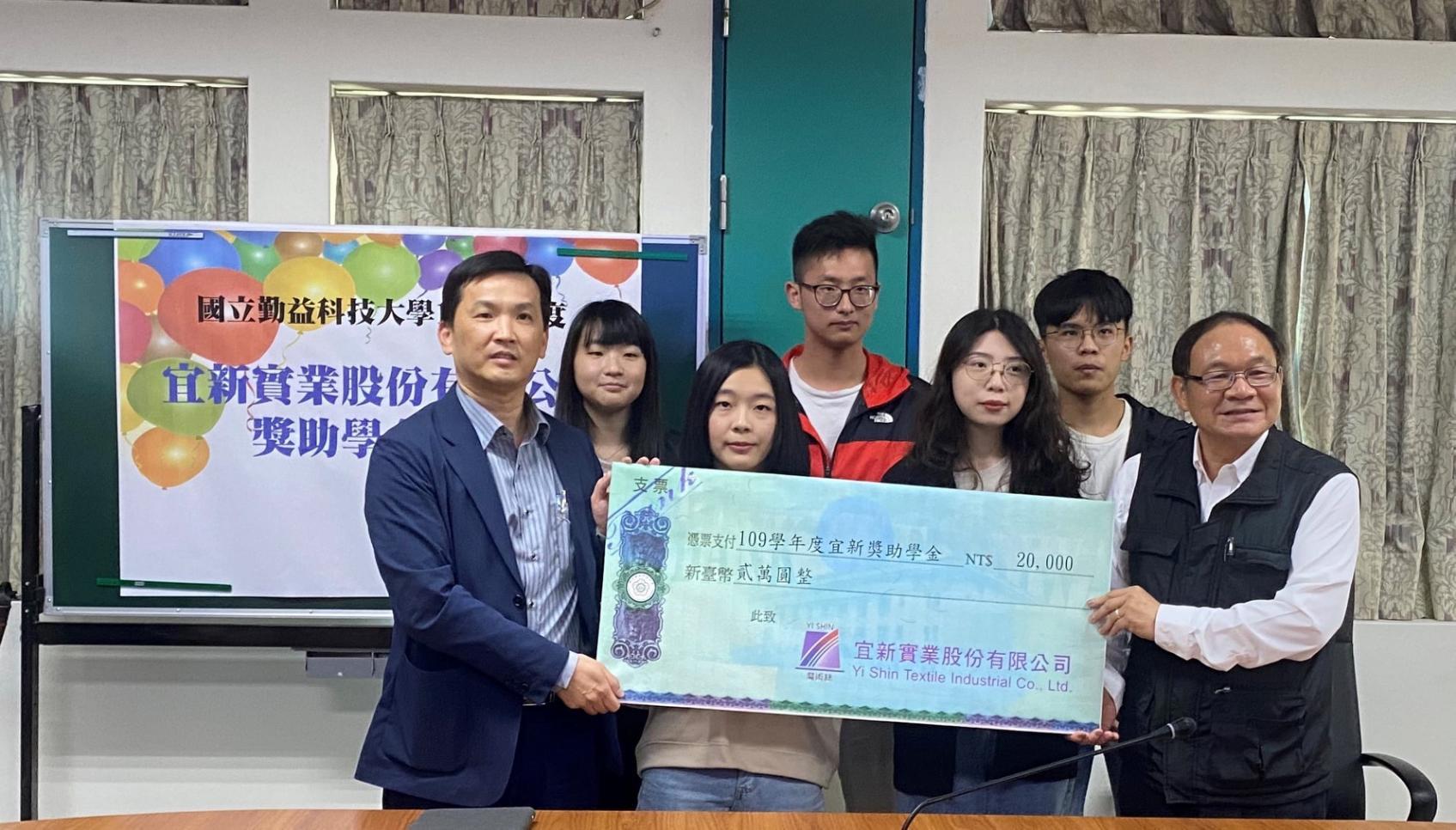Feature
Feature
The department’s teaching objective is to cultivate learning in chemical engineering and materials engineering according to the current educational policy, as well as to collaborate with the demands of the national economic development and industrial & commercial construction while teaching the principal theories and the technical and practical applications of chemical and materials engineering, with the goal of training students to become first-class technological professionals that are equipped with specialized intelligence in the engineering field. The department additionally aims to cultivate professionals that hold an enriched humanistic quality and share a concern for social trends and international perspectives.

In order to accomplish these goals, the teaching characteristics of our department are as follows:
I. The teaching content is categorized into the following two major learning courses:
(I) Chemical Engineering Science & Technology learning courses: organic synthesis, pollution prevention, photocatalyst, electrochemical engineering, chemical process engineering, cleaning process technique, specialty chemicals for electronics, biological
engineering technique, and green energy sources.
(II) Material Technology learning courses: macromolecular materials, biomedical materials, photoelectric materials, nanometer materials, material synthesis, green materials, flat-screen display, and soft electronic materials.
II. We particularly value the training of technical and practical skills according to the actual needs of the industrial circles, thus, we have established courses on “practical topics” and “off-campus internship” to develop students’ abilities in analyzing and solving problems, as well as strengthening their practical technical skills, thereby allowing students to develop skills that are coordinated with the industry needs.
III. We encourage teachers and students to be involved in the industry while treating both practice and theory with equal importance and enhancing mutual benefits through the industry-academy cooperative model.
IV. We support students’ academic and career counseling and encourage students to participate in all levels of chemical engineering and chemical technician verifications in order to obtain their licenses.
Click Num:
